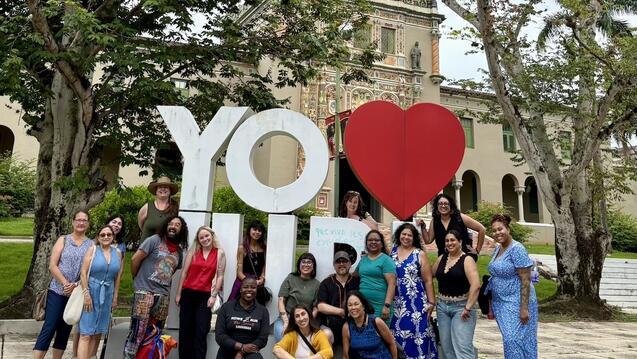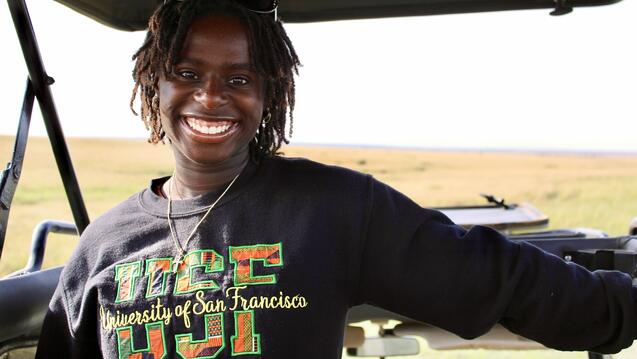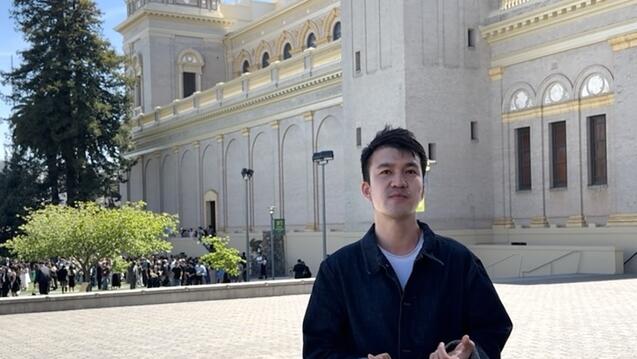Free Speech in the Modern Era

With the advent of online harassment, doxxing and the banning of public officials from social media platforms, the Internet has forced a mass reckoning when it comes to freedom of speech.
USF Law’s 2022 Law Review symposium, held virtually on Jan. 28, focused on the novel challenges that the 21st century poses to freedom of speech and First Amendment rights in the U.S.
The symposium’s two virtual panels discussed freedom of speech in education – highlighting the blurry line between protected speech and harassment or bullying – along with the First Amendment challenges created by social media platforms that count billions of monthly users.
USF Law Dean Susan Freiwald, who moderated the panel discussing social media, said that the symposium raised all the questions that policymakers and courts will have to reckon with in years to come as they interpret the First Amendment in the age of mass electronic communication.
“The internet has changed everything about the way we communicate,” Freiwald said. “The question of how to regulate speech today is a crucial and timely one to ask, and the Law Review Symposium was the perfect forum to bring top minds together to delve into that discussion.”
Symposium editor Lila Garlinghouse ’22 added that Erwin Chemerinsky, Dean of the University of California Berkeley School of Law "is consistently at the forefront of Constitutional law scholarship, and has been so for decades. His work as the author of the course books we are taught from, in addition to his appearances as an appellate attorney in front of the U.S. Supreme Court, make him one of the most highly sought-after speakers on today's Constitutional battles. He is an astounding presence that I am honored to him deliver our keynote address."
Seven key challenges to free speech
Chemerinsky highlighted seven challenges that the modern era brings to the First Amendment.
Those challenges included the dissemination and permanence of false information on the internet; the ability to disseminate harmful or private information to a mass audience online, as seen in cases of online doxxing; the efforts of foreign governments to influence elections; incoherence of current doctrines about challenges to free speech; and the Supreme Court using First Amendment arguments to strike down progressive legislation.
Chemerinsky also discussed the perils of having control of information held in just a few privately-owned hands like Google, Facebook and YouTube, noting that he was deeply troubled when Facebook and Twitter unilaterally banned the accounts of Donald Trump while he was president.
“There were millions of people who wanted to hear what Donald Trump said, and the idea that these companies could cut off access, could eliminate the message, to me was inconsistent with the underlying values of the First Amendment.”
He noted that courts in coming years will have to do a delicate balancing act in allowing speech that may be abhorrent while ensuring that individuals are not subject to bullying or harassment campaigns.
Speakers at the symposium also included: Khaled Beydoun, Luke Boso, Joshua Davis, David Greene, Vinay Harpalani, David Hudson, Darren Lenard Hutchinson, Viktorya Vilk, and Dr. Dwayne Wright.


